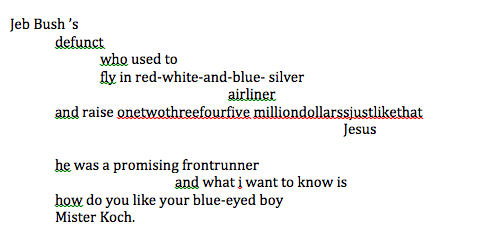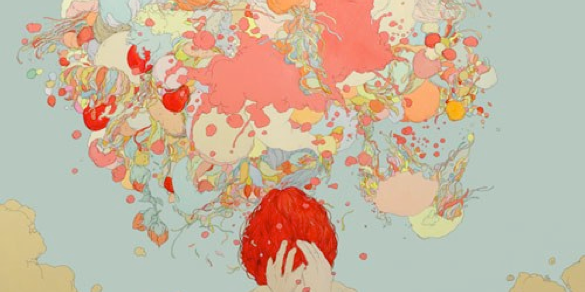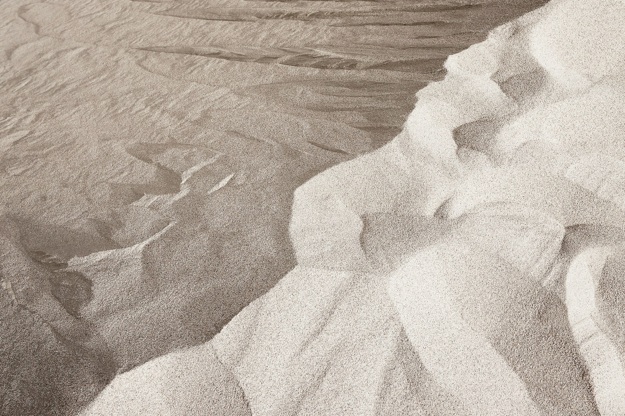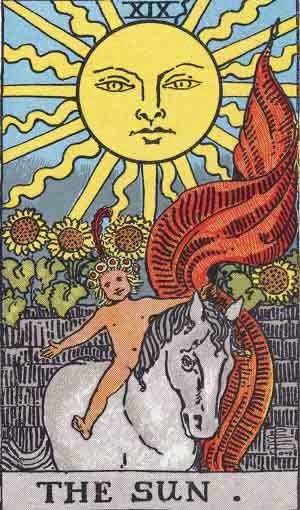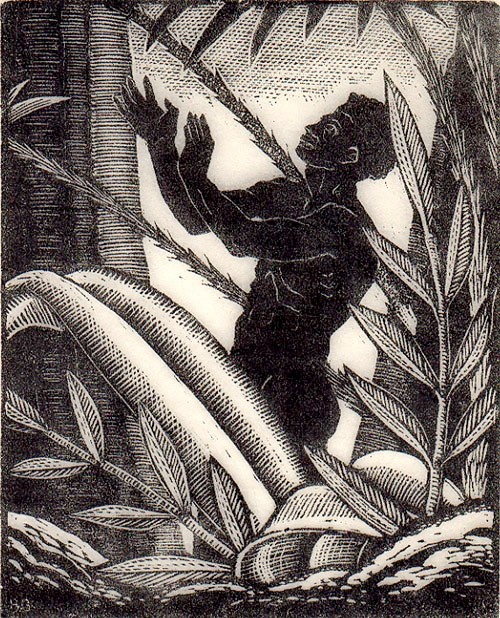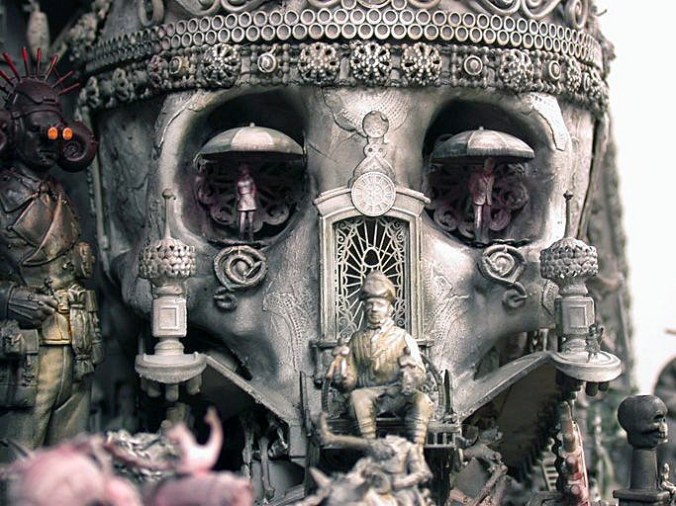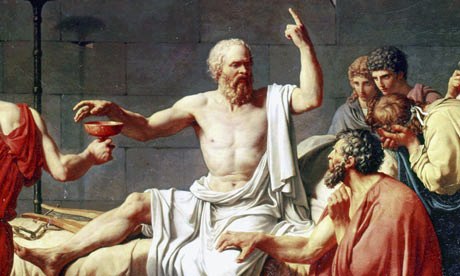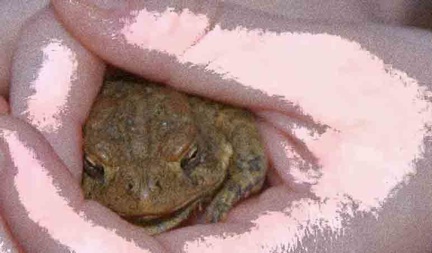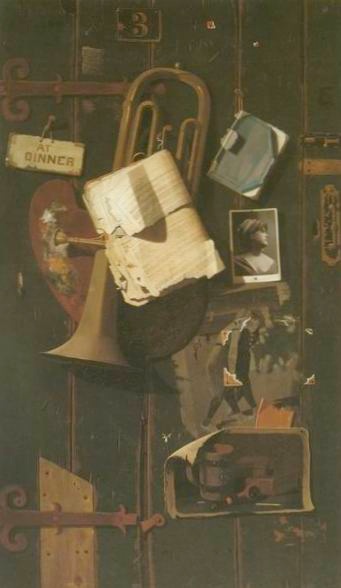
The sages tell us that the knack of not thinking is the pathway to serenity, that we should focus on the here and now because the past and future are abstractions existing only in the present. Rather than obsessing about your worsening health, your culture’s decline, or the peril the planet faces as oceans rise and deserts expand, you should play it cool, like the lilies of the field.
Don’t fritter away your time worrying – they say — taste the sweetness of the apple upon your palette, appreciate the miracle of the buzzing fly battering against the brilliance of the windowpane.
Be present in the present.
However, to riff on/off Elizabeth Bishop, “The art of not thinking is difficult to master,” especially if you’re staring down the barrels of big time problems like bankruptcy, prison, or debilitating disease. Obviously, if creditors are leaving angry messages on your phone or your joints throb or you’re packing a suitcase for the Big House, it’s extremely difficult not to dwell on these much-more-than-inconveniences.
Yet, the sages are right: worry and fret don’t help the situation. They short-circuit your taste buds, blind you to the beauty of the world, the paragon of animals. Unrelenting worry can turn your life into a Gerard Manley Hopkins dark night of the soul:
Pitched past pitch of grief,
More pangs will, schooled at forepangs, wilder wring.
Hence, philosophies like stoicism, religions with afterlives, spiritual exercises like Zen meditation, and of course, drugs.
The problem with drugs, even though they offer the quickest respite, is that they wear off, leaving you possibly worse off than before, so you tend to turn to them more and more often, and the more and more you rely on them, the less and less effective they become. Eventually, if you manage to stay alive and out of jail, they stunt the amygdala, the pleasure center of the brain, and joy becomes increasingly difficult to experience.
But it’s not like you can become a stoic in a day or a Zen master with a week’s worth of sitting. Religions with afterlives can offer speedier relief, but generally, non-believers don’t opt for them until they hit the bottom of the abyss.
When I was a child, I was a crybaby. I’d cry when I lost my crayons at school, when my favorite team lost, when I thought about something sad that happened to my mother as a child. However, over the course of my life, through reading literary fiction, I developed a sort of stoicism. What I discovered in Thebes and Elsinore and Yoknapatawpha is that suffering is universal. To quote Rick from Casablanca, “It doesn’t take much to see that the problems of three little people don’t amount to a hill of beans in this crazy world.” In other words, suffering doesn’t make you special; it makes you human.
And, yes, in moderation, alcohol and drugs can help as well, help you relax after a hard day or get your serotonin levels back to normal so you don’t wake up at 3 a.m. and feel the fell of dark, not day.
Ultimately, treasure right now what one day will be gone without thinking of the fact that one day it will be gone.
That’s knack of not thinking.
* * *
The saddest noise, the sweetest noise,
The maddest noise that grows, –
The birds, they make it in the spring,
At night’s delicious close.
Between the March and April line –
That magical frontier
Beyond which summer hesitates,
Almost too heavenly near.
It makes us think of all the dead
That sauntered with us here,
By separation’s sorcery
Made cruelly more dear.
It makes us think of what we had,
And what we now deplore.
We almost wish those siren throats
Would go and sing no more.
An ear can break a human heart
As quickly as a spear,
We wish the ear had not a heart
So dangerously near.
~Emily Dickinson



